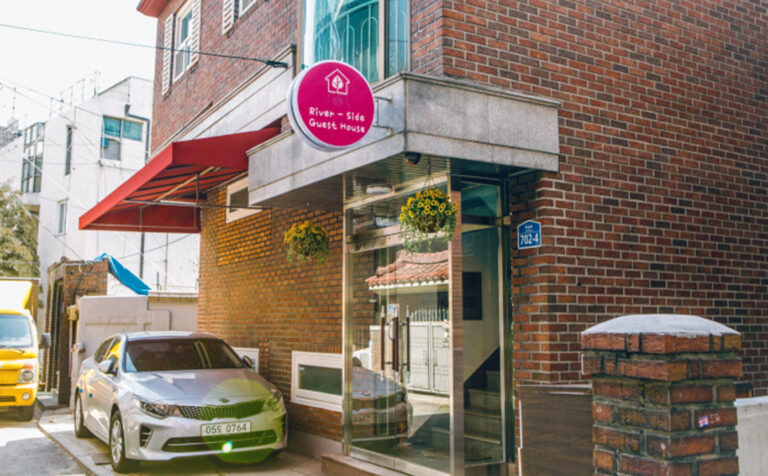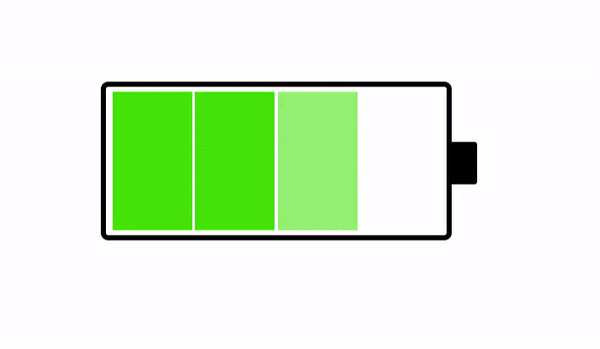‘Foreign tourist urban minbak’, the official name for urban minbak, was newly established in December 2011 under the Tourism Promotion Act as a type of ‘tourist convenience facility business.’ In March 2016, it was reclassified as a type of ‘tourist facility business’ under the same act to strengthen the control. In principle, urban minbak is intended for foreign tourists, and use by domestic travelers is restricted. However, since 2020, lodging establishments registered with the domestic shared lodging platform ‘WeHome’ are allowed to accept domestic travelers for up to 180 days a year under special provisions.
Urban minbak does not include lodging establishments in rural and semi-rural areas as defined by the Agricultural and Fishing Villages Improvement Act. However, it includes businesses operated by village enterprises in urban areas, as defined in Article 9 of the Special Act on Promotion and Support of Urban Regeneration, that provide accommodation and meals primarily to foreign tourists. These businesses also offer accommodation and meals to domestic tourists visiting the area to experience its unique culture, as long as it does not interfere with the accommodation of foreign tourists.
According to Annex 1 of the Enforcement Decree of Tourism Promotion Act, the registration criteria for urban minbak are as follows:
- The total floor area of the house must be less than 230 square meters.
- The business must be capable of providing foreign language guide services.
- At least one fire extinguisher must be installed, and each guestroom must have standalone smoke detectors and carbon monoxide detectors (only if individual heating systems are installed).
The terms ‘guesthouse’ and ‘homestay’ are frequently used for urban minbak, and majority of bookings are made through platforms like Airbnb and Instagram. Since these lodgings primarily cater to foreign tourists, global distribution channels are heavily utilized. However, it is also challenging to restrict domestic travelers through these channels. Despite the controversies surrounding the effectiveness of restrictions, urban minbak is currently one of the fastest-growing types of lodging establishments.


